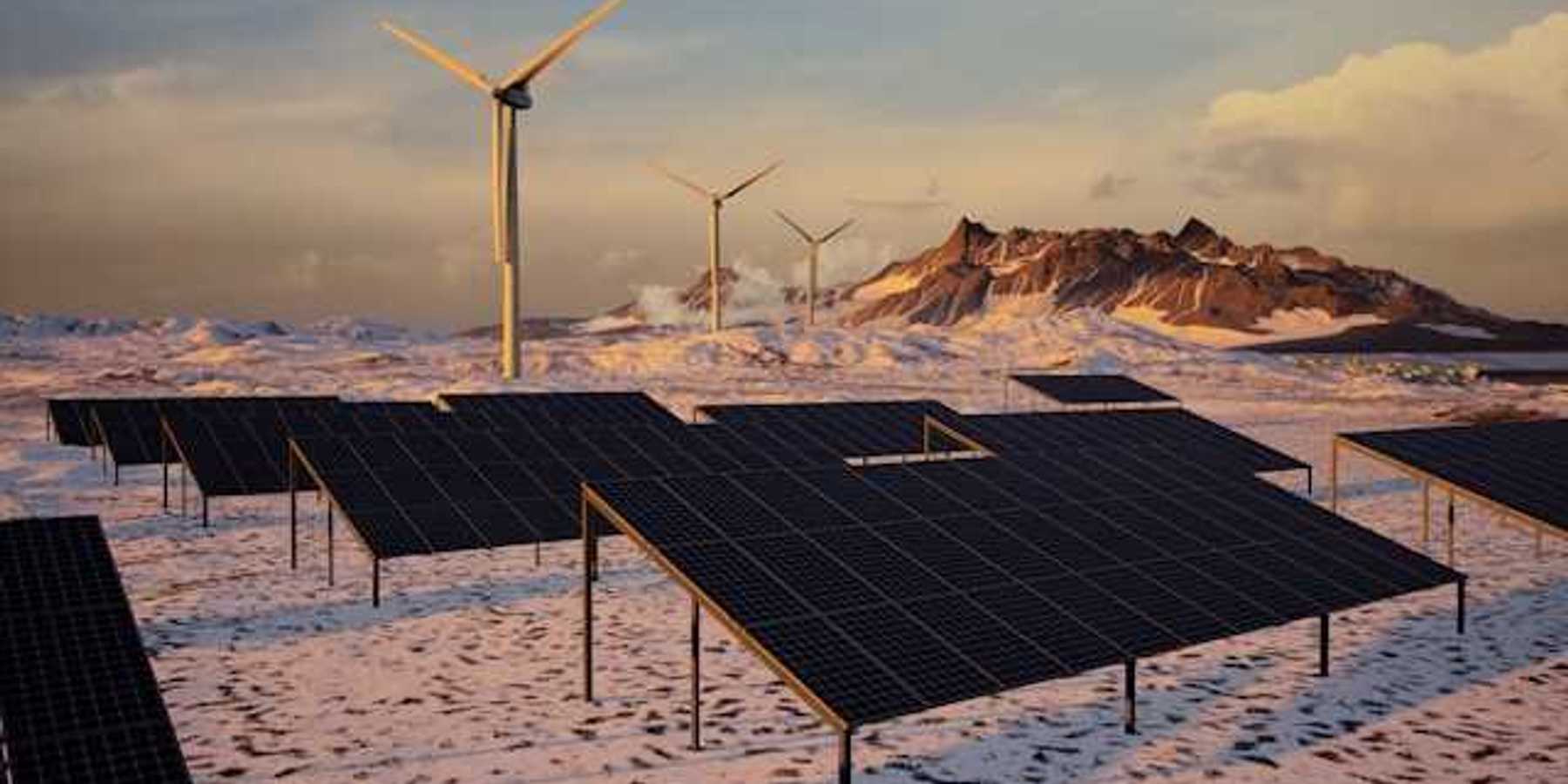Virginia's aquatic life faces changes due to warming waters
Rising water temperatures across Virginia are altering the aquatic ecosystem, impacting species from the Chesapeake Bay to inland rivers.
Evan Visconti reports for the Virginia Mercury.
In short:
- Virginia's warming water temperatures, attributed to climate change and environmental alterations such as deforestation, are disrupting the habitat and behaviors of aquatic and amphibian species.
- Key species like the American shad have seen significant declines, with shifts in spawning times and reduced populations highlighting broader ecosystem challenges.
- Conservation efforts are underway, including habitat restoration and policy adjustments, to mitigate temperature impacts and protect vulnerable species.
Key quote:
"Even though it might not seem like a big deal, sustained higher temperatures can really damage the intricate balance of species that call those water bodies home."
— Jeremy Hoffman, director of climate justice and impact at Groundwork USA
Why this matters:
Warming waters can cause significant changes to habitats such as wetlands and marshes. These areas provide important habitat for a diverse array of plant and animal species, serve as natural buffers against storm surges and flooding, and help to filter pollutants from runoff. With rising temperatures, these habitats may shrink or shift, impacting the wildlife that depends on them and reducing their effectiveness in protecting coastal communities from environmental hazards.













